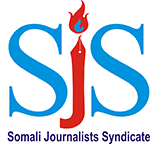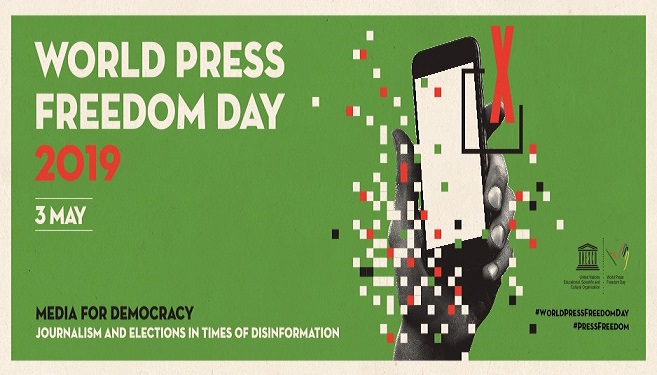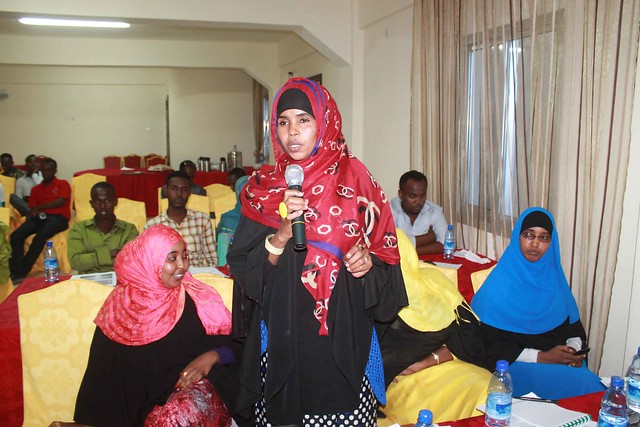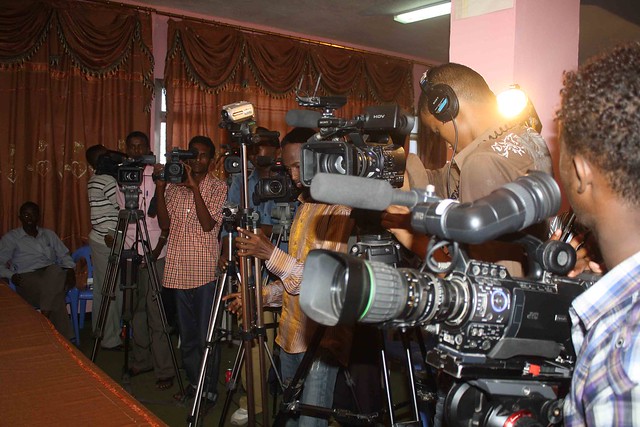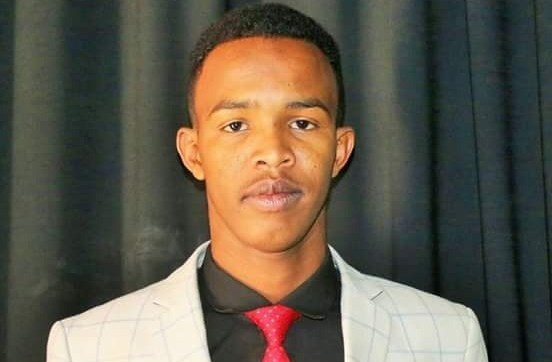Nairobi
— Authorities in Somalia should urgently investigate an
attack on
the privately-owned station Universal TV and hold those responsible to account,
the Committee to Protect Journalists said today.
Ten
armed individuals, including nine in police uniform, who claimed to be attached
to Somalia’s revenue authority, stormed the offices of Universal TV in the
capital, Mogadishu, on March 30, and started shooting inside the building,
according to Abdullahi Hersi Kulmiye, Universal TV’s East Africa director, and
a statement by the government-recognized National Union of Somali Journalists
(NUSOJ).
Abdullahi
and Mohamed Ibrahim Moalimuu, secretary general of the government-recognized
NUSOJ, both told CPJ that the motive for the attack was unclear, but that they
did not think it was to do with unpaid taxes. Abdullahi said that the men did
not demand money. Mohamed Moalimuu told CPJ in an email, “We believe it is
kind of intimidation or pressure from the commander behind the raid.” The
man who led the raid was in civilian clothing, they said.
Abdinur
Mohamed Ahmed, the director of communication at the office of the President in
Somalia, told CPJ via email yesterday that the case was under investigation and
“appropriate measures would be taken once investigations are
complete.” In a
March 30 post condemning
the attack on his official Facebook page, Abdinur said it was an unacceptable
that it was carried out by a section of the same security forces meant to
enforce the rule of law. Abdinur did not respond to CPJ’s follow-up email
asking if the attackers had been identified.
Abdullahi
told CPJ that government officials with whom he spoke, including Commissioner
of Police Bashir Abdi Mohamed and Internal Security Minister Mohamed Islow
Duale, denied deploying police to the station, and said they would investigate.
Neither official responded to CPJ’s phone calls and text messages today and
yesterday.
“This
attack on Universal TV is outrageous and an unfortunate reminder that Somali
journalists cannot expect safety, even in their own offices,” said CPJ’s
Sub-Saharan Africa representative, Muthoki Mumo. “Authorities need to
guard against impunity by credibly investigating this attack and ensuring those
responsible are prosecuted.”
Abdullahi
told CPJ that he asked the armed men to leave and said he would speak to the
man who identified himself as their commander but they refused and an argument
ensued. The men refused to speak in Abdullahi’s office or to speak with
Abdullahi Hassan Bariise, a police official whom Abdullahi called and whose
department covers the Ministry of Finance and revenue collection department.
Abdullahi said that the police official denied deploying the men to the station
and said that he would send a response team. CPJ tried to reach the police
official by phone today and yesterday, but was unsuccessful.
Abdullahi
said that when he warned the armed men that their actions might be recorded,
the leader confiscated his phone and started to
shoot inside the building. Abdullahi told CPJ that most of the staff had been
moved to another part of the building by the time the shooting started and that
no one were injured. He said that a camera was damaged and programming was
disrupted during the morning and did not resume until later in the afternoon.
Military
guards from the nearby presidential palace arrived at Universal TV and disarmed
and detained the 10 men, according to Abdullahi and Mohamed Moalimuu, who said
he arrived at the station shortly after the attack.
Mohamed
Moalimuu and Abdullahi told CPJ that sources in the police identified the
individual who commanded the armed men and that Universal TV has filed a
complaint against him at the military court in Mogadishu. The court’s mandate
includes prosecuting police, according to a
2014 report by
Human Rights Watch.
